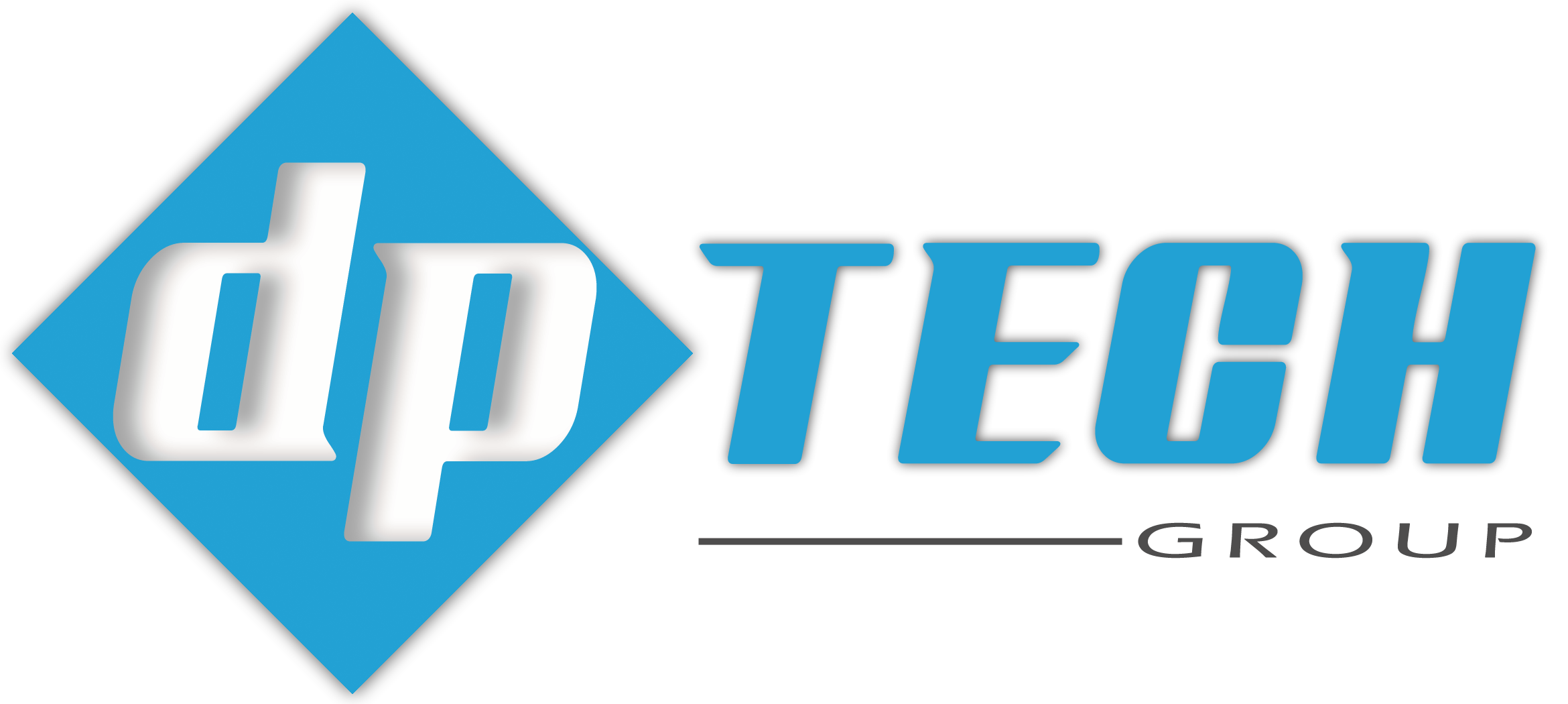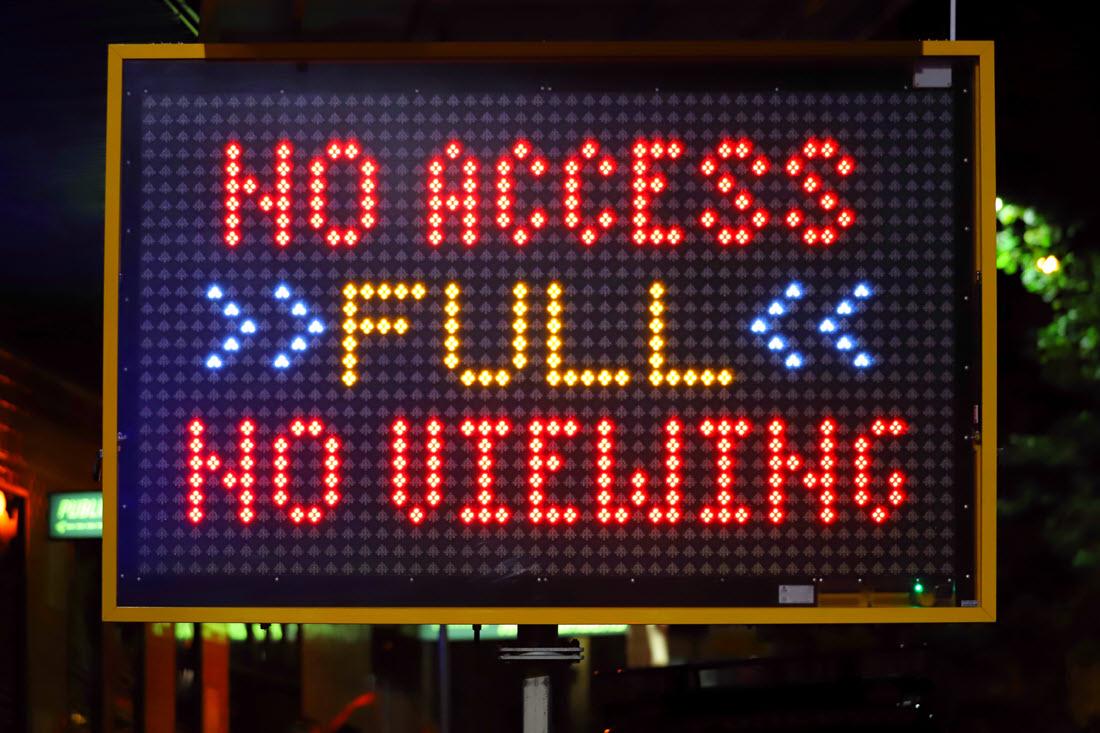Ten examples of inadequate access controls to protect ePHI
Ten Examples of Inadequate Access Controls to Protect ePHI
Access controls that are insufficient can endanger protected health information (PHI) and cause organizations to break the Health Insurance Portability and Accountability Act (HIPAA) Security Rule. Inadequate access controls can also lead to inadequate incident response plans which can cause HIPAA violations. Ten instances of poor access controls are provided below:
- Weak or absent password policies: Lack of complexity requirements, password expiration, and history settings, or minimum length for passwords can lead to easy-to-guess or reused passwords.
- Lack of multi-factor authentication: MFA, which requires users to show at least two distinct forms of identity, increases the risk of unauthorized access to PHI.
- Sharing of user accounts or login information: It is challenging to track and regulate users’ access to PHI since numerous people have permission to share an account or login information.
- Lack of role-based access controls: Failing to define and assign user roles with appropriate permissions based on job responsibilities can result in unauthorized access to PHI.
- Inadequate monitoring and auditing: Neglecting to monitor and audit user access to PHI, including logging and reviewing access records, makes it challenging to detect unauthorized access or insider threats.
- No procedures for revoking access: Lack of procedures to promptly revoke access to PHI for terminated or transferred employees can result in unauthorized access.
- Unsecured remote access: Allowing remote access to PHI without implementing proper security measures, such as VPNs or secure remote desktop solutions, can expose PHI to unauthorized access.
- No automatic logoff or session timeout: Failing to implement automatic logoff or session timeout features on devices that access PHI can allow unauthorized individuals to gain access if a device is left unattended.
- Inadequate physical access controls: Failure to secure areas containing PHI or systems that store and process PHI, such as server rooms or workstations, can lead to unauthorized physical access.
- Insufficient control over third-party access: Not properly managing and monitoring third-party access to PHI, including vendors and business associates, can expose PHI to unauthorized access and breaches.
Implementing strong access controls is a critical component of HIPAA compliance, helping to ensure that PHI is accessible only to authorized individuals and reducing the risk of data breaches. DP Tech Group helps you get a Security Risk Assessment (SRA) done. This helps the medical healthcare utility to comply with Health Insurance Portability and Accountability Act (HIPAA).


